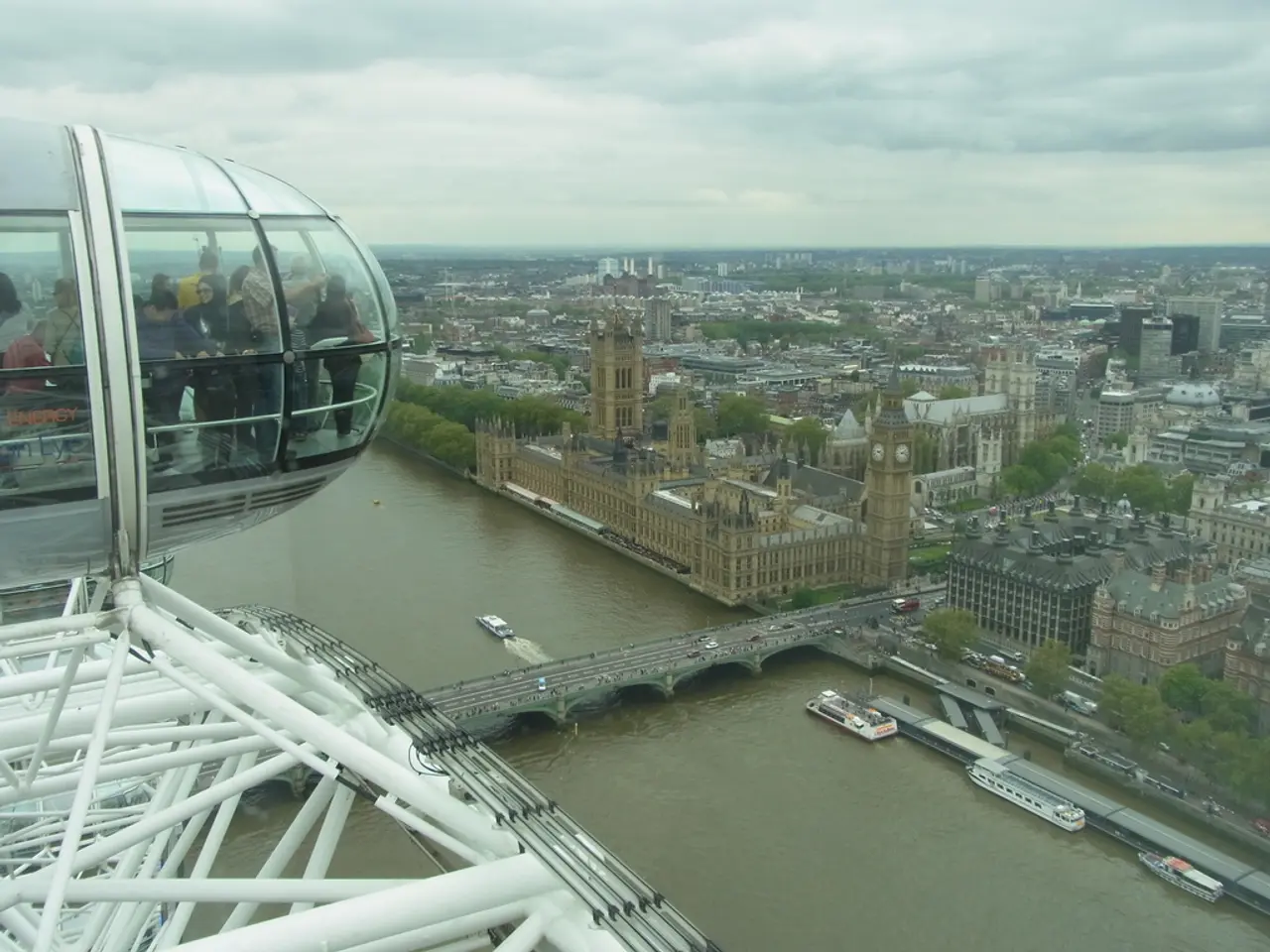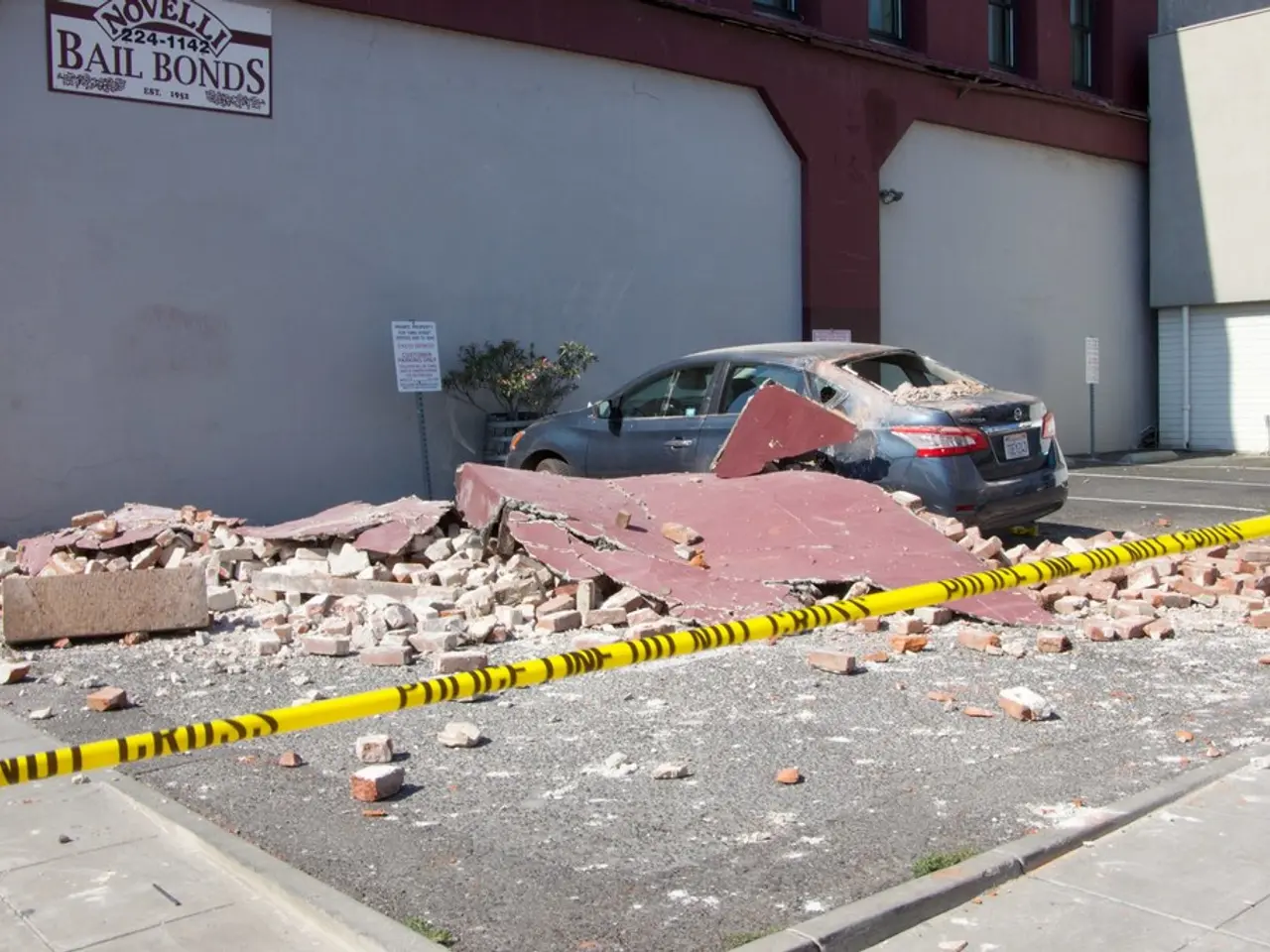Ongoing need for fiscal consolidation and long-term financial strategy in Solingen persists.
Solingen, a city in North Rhine-Westphalia, recently underwent a comprehensive audit by gpaNRW, the state's municipal oversight body. However, specific recommendations made to the city regarding financial consolidation, infrastructure investments, digitalization, personnel structure, or crisis management have not been publicly disclosed.
gpaNRW is a well-known advisory organisation that provides services to municipalities, focusing on financial consolidation and development strategies. While the exact recommendations given to Solingen remain undisclosed, it is known that the organisation typically offers advice in these areas.
In the audit, Solingen's financial situation was scrutinised, revealing both challenges and achievements. The city has managed to generate surpluses partly due to federal and state equalization payments for trade tax and cushioning burdens caused by the Corona pandemic. However, the city's high level of debt is expected to rise due to increasing social benefits, personnel expenses, and stagnating economic development.
One area where Solingen outperforms other independent cities is in youth welfare. Despite a slightly higher case density, the city's cost per case is lower compared to its peers. The audit report also commended Solingen's investments in infrastructure, particularly in schools and fire protection.
Looking ahead, Solingen plans significant investments in infrastructure, amounting to around 270 million euros in the years 2025 and 2026. However, these investments will burden future budgets through rising interest rates and depreciation on the investments made.
Another challenge facing Solingen is the high average age in its administration, with numerous employees expected to retire in the next five to ten years. To address this, gpaNRW recommends strengthening the revenues from cost reimbursements in educational support by establishing accompanying controlling.
Solingen's digitalization efforts have also been recognised, with the city boasting a high level of digitalization in many administrative areas. The city should focus on process management and use digitalization opportunities, particularly in the building inspection process.
In terms of crisis management, Solingen continues to expand its preparedness, using past experiences to prepare for various scenarios such as floods, IT failures, and pandemics. The city's Mayor, Tim Kurzbach, acknowledges the positive results in many areas, particularly in digitalization, crisis management, sustainability, and climate protection.
Mayor Christian Schormann emphasises that Solingen is well-equipped to remain actionable in crises. Regular crisis staff exercises are conducted in Solingen to serve this purpose.
For precise and official details, consulting the official reports or publications from gpaNRW or the city of Solingen would be necessary. The detailed audit reports with all areas and recommendations are published by gpaNRW at [https://www.gpa.nrw.de](https://www.gpa.nrw.de). Despite participating in the Strengthening City Finances Pact, Solingen's financial situation remains strained, and the city faces challenges in budget planning to achieve a balanced budget by 2039.
GpaNRW, known for its expertise in financial consolidation and development strategies, likely provided advice to Solingen in these areas during their audit. Solingen's business plan includes hefty investments in infrastructure worth approximately 270 million euros, which may impact future finances due to rising interest rates and depreciation.




